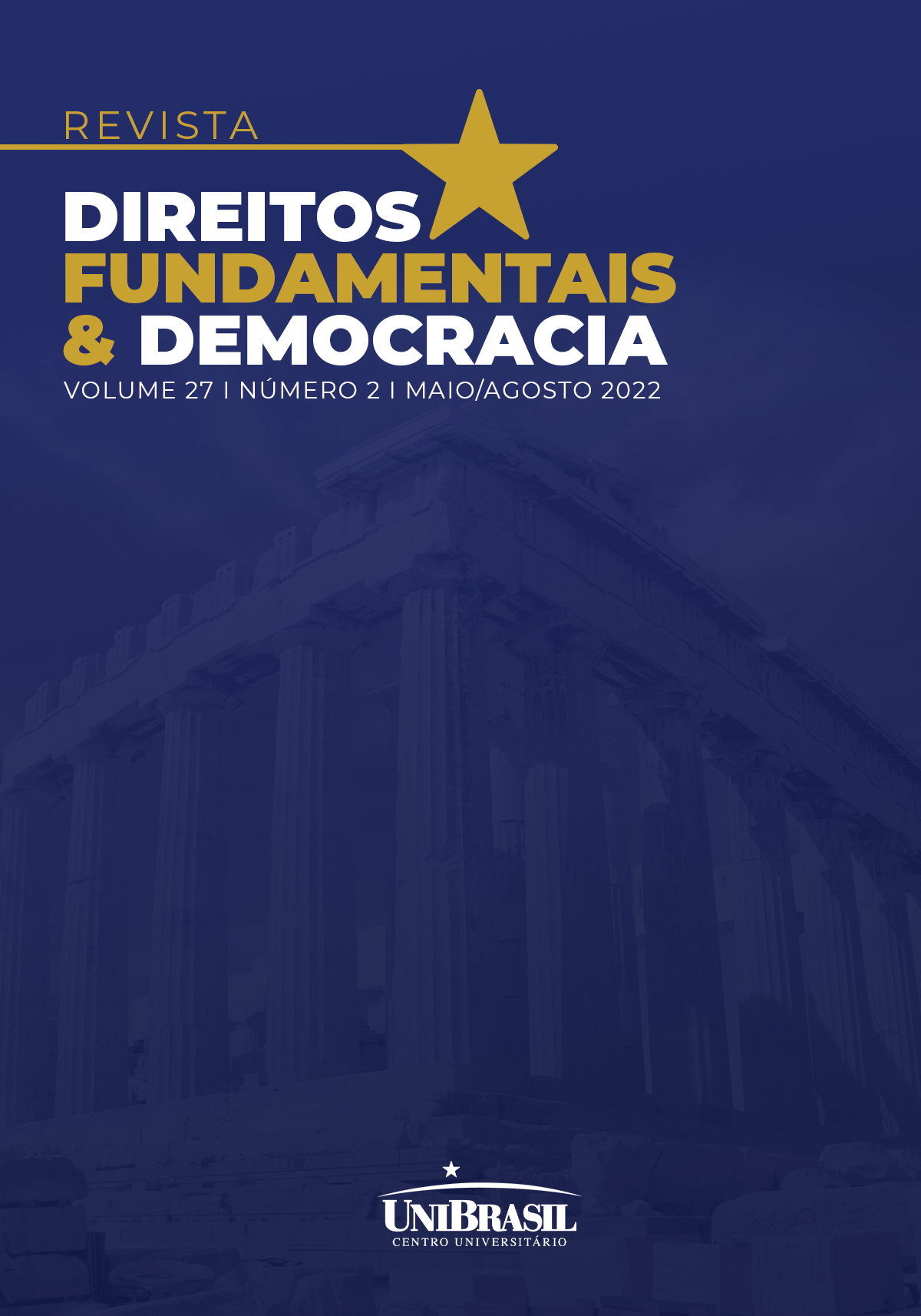MOZAMBIQUE'S CHALLENGE FOR SUSTAINABLE DEVELOPMENT IN A RENEWABLE ENERGY CONTEXT
DOI:
https://doi.org/10.25192/issn.1982-0496.rdfd.v27i22442Abstract
The declaration of the Millennium Goals poses new and strong challenges for developing countries, such as Mozambique. One of them is sustainable development. Third world countries are called upon to develop their economies in a sustainable way, i.e., design and implement national policies harmonized with the need to preserve a quality environment taking into account the future relationship between nature and man. Over the last few decades, several plans have been drawn up with ambitious goals. At the end of the deadlines stipulated, the inability of the countries to achieve the target’s set was recognized. In its place were designed new projects, plans and programs, whose realization resulted again in desire. This scenario has dragged on for several decades and threat becomes a vicious cycle. Hence the pertinent question: what is left for developing countries to break with this vicious cycle and move on to sustainable development? On the other hand, climate change and global warming threaten the continuity of life on planet Earth, requiring a joint and rapid solution from all countries of the world that is in accordance with the gravity of the situation. The aim of this text is to discuss the challenges faced by all the countries of the world, rich and poor, to be able to work together and quickly to adopt a strategy to solve climate and environmental problems that is both effective, balanced and fair.
Downloads
References
CARRILHO SALCAEDO, Juan António, El derecho ao desarollo como um derecho humano. Revista Espanola de Direcho Internacional. V. 25.
DA BARCA, A. & DOS SANTOS, T. Geografia de Moçambique, Física e Económica. Ed. Diname. Maputo, 2000.
JUBILUT, Liliana Lyra, Os fundamentos do direito internacional contemporâneo: coexistência aos valores compartilhados. IV Anuário brasileiro de direito internacional, Vol. 1.
LAUDATO SI, FRANCISCO, encíclica sobre como cuidar da casa comum, de 24 de maio de 2015.
KAPLAN, R.D. the Coming Anarchy, CSIS, 1994.
MELO, José Alexandrino, Os Direitos Humanos em África, Ed. Coimbra, Lisboa, 2011.
MENDES, Marina Ceccato, Desenvolvimento sustentável, Viver Consciente, 2008.
NDAPASSOA, Anastásio Miguel. Regimes Políticos e Direitos Humanos em Angola, Moçambique e Guiné-Bissau-Perspetiva Comparada. Ed. CRV, Curitiba, 2021.
OLIVEIRA, Diogo Pignataro, o Direito ao desenvolvimento como direito humano e sua proteção jurídica constitucional e internacional. Revista Esmarn V, 7 n.º 1, 2008.
OLIVEIRA, Sílvia Menicucci de, Direito ao Desenvolvimento: teoria e estratégias de implementação. Tese de Doutoramento em Direito. FD da Universidade de S. Paulo, 2006.
SALOMÃO, Alda, Lei do Ambiente (Comentada),CEJ, Maputo, 2006.
SERRA, Carlos, Coletânea de Convenções e Protocolos sobre o Ambiente, CEJ, Maputo, 2006.
SOUSA, Mônica Teresa Costa, Direito ao desenvolvimento como direito humano: implicações decorrentes desta identificação. V Encontro anual da ANDHEP-Direitos Humanos, Democracia e Diversidade, UNDB, 2010.
World Bank Group. 2012. Hacia un mundo ecológico, limpio y con capacidad de adaptación para todos: estrategia ambiental del Grupo del Banco Mundial 2012 - 2022: A World Bank Group Environment Strategy 2012 - 2022. World Bank, Washington, DC. © World Bank. https://openknowledge.worldbank.org/handle/10986/23746 License: CC BY 3.0 IGO

Downloads
Published
How to Cite
Issue
Section
License
Copyright (c) 2022 Anastacio Ndapassoa

This work is licensed under a Creative Commons Attribution-NonCommercial-ShareAlike 4.0 International License.
Copyrights for any articles published in the journal are given to the author and RDFD with first publication rights granted to the Journal. By virtue of their appearance in this open access journal, articles are free to use, with proper attribution, for educational and other non-commercial purposes in accordance with the creative commons.



